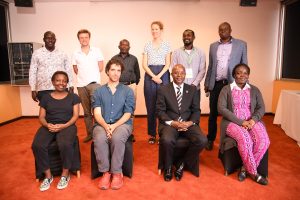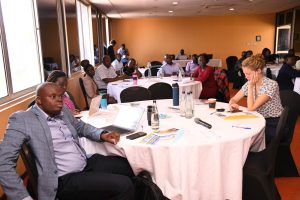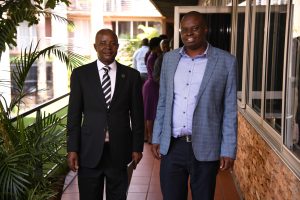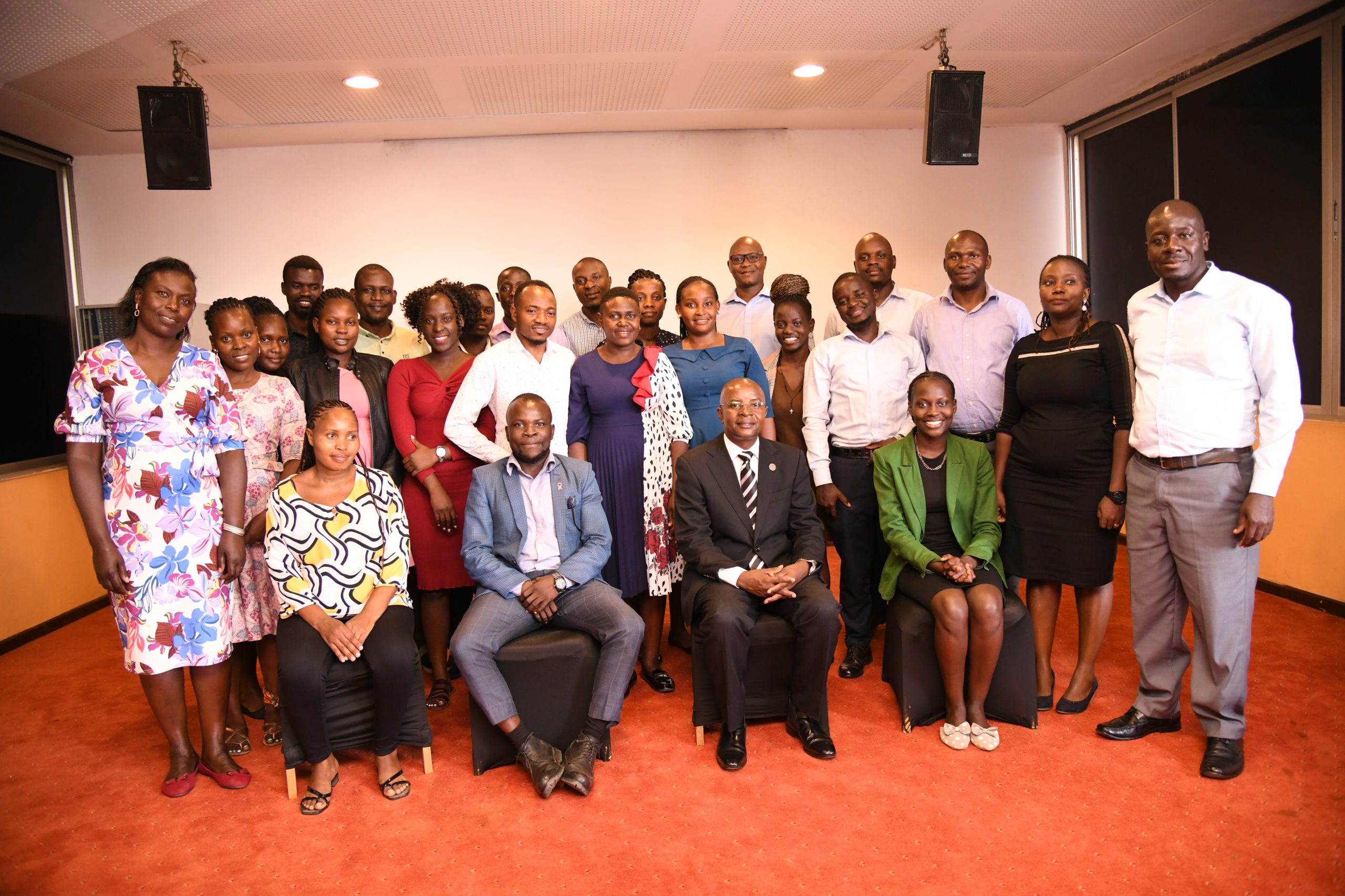Scholars from Makerere University, in partnership with researchers from Europe, have launched the Remaking of the Family in East Africa (FamiLEA) project, focusing on 2000 households in the Kampala Metropolitan Area. This 3-year research initiative, which began on July 1st, includes households in Kampala, Wakiso, and Mukono Districts and will continue until mid-2027.
The FamiLEA project examines families and the factors influencing changes in family structures. This research responds to the rapid and significant changes in family dynamics across Africa, including innovative kinship practices.
Dr. Stephen Wandera, the Principal Investigator (PI) from Makerere University, stated that enumerators will conduct door-to-door data collection using structured questionnaires. “Our enumerators are students from Makerere University’s Population Studies program, both undergraduate and postgraduate. We expect them to gain valuable field experience and provide validated results,” Dr. Wandera explained during the training.

The study focuses on household changes such as marriage, divorce, intermediate relationships, and networks to understand the reasons behind family changes in East Africa. Following data analysis, dissemination meetings will be held with stakeholders, including government ministries, departments, and agencies.
Earlier this year, a stakeholders’ meeting in Kampala included representatives from the Ministry of Gender, Labour, and Social Development and the Uganda Bureau of Statistics. Researchers will submit reports to policymakers and prepare policy briefs to support informed policy-making and programming.
Yonatan N. Gez, Co-Principal Investigator from ISCTE University Institute of Lisbon, Portugal, highlighted that the FamiLEA project is being conducted in both Kenya and Uganda, funded by the Swiss National Science Foundation. This interdisciplinary project involves scholars from demography, anthropology, political science, geography, and history, collaborating with universities from Switzerland, France, Kenya, Canada, and Portugal, with Makerere University as the key collaborator.

Gez noted, “We will conduct extensive surveys using both qualitative and quantitative methods in Nairobi and Kampala. Given the project’s focus on family structures and their transformation, religious and cultural leaders will play a key role in the study.”
The survey will include parents and guardians from 2000 randomly selected households, targeting individuals aged 18 to 64. The questionnaires will cover topics such as intermediate networks, emotional connections, and the impact of these factors on family changes.
Prof. Edward Bbaale, Principal of the College of Business and Management Sciences (CoBAMS), officiated the training. He emphasized the alignment of this research with Makerere University’s strategic direction of being a research-led institution. “This research is within our university’s strategic direction, and I congratulate all the principal investigators for securing the grant,” Prof. Bbaale said.

Prof. Bbaale also highlighted the importance of international collaboration in research, encouraging scholars to pursue similar research projects. He advised enumerators to exercise patience, intelligence, and care in the field to ensure high-quality research findings.
On behalf of the university, he thanked the African Population and Health Research Centre for their collaboration with Makerere University. “Engage with line ministries and the private sector to ensure the implementation of the research project’s recommendations,” Prof. Bbaale urged researchers.

